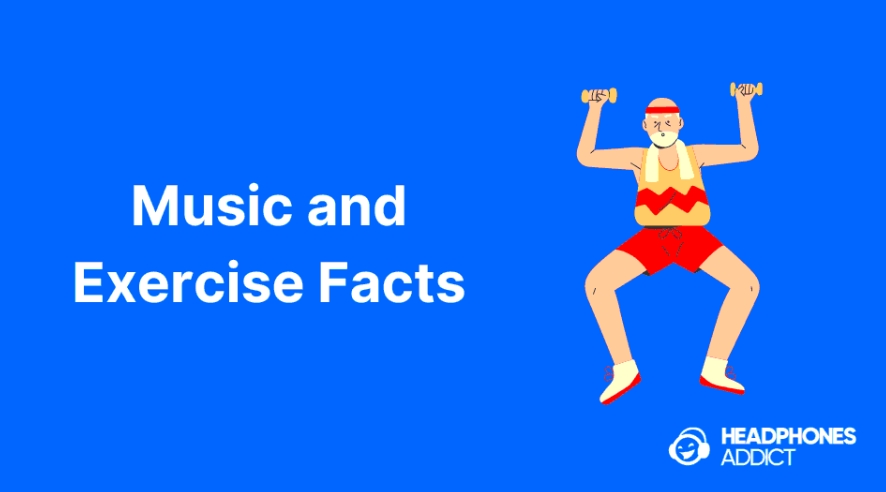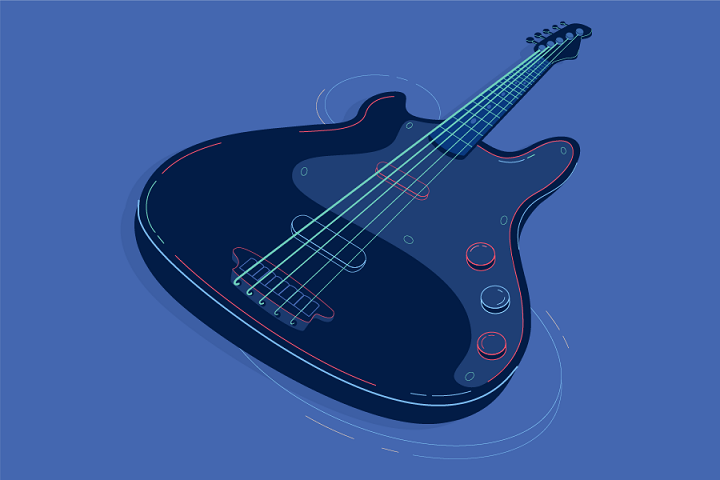
 Here are the results of over 150 studies on music and exercise. Learn how music impacts exercise performance without reading the endless data (we read it for you).
Here are the results of over 150 studies on music and exercise. Learn how music impacts exercise performance without reading the endless data (we read it for you).
Wearing earbuds is forbidden for the top competitors on many marathons. What’s the reason for it? The organizers are afraid music gives you an advantage over runners who don’t listen to music.
Are their fears substantiated?
Below is the data that says yes.
Michael Phelps won 8 medals (6 gold, 2 bronze) in the 2004 Athens Olympics. In 2008 Beijing, he won 8 medals again, all gold. He was listening to music 2 minutes before every swimming competition.
Was there a specific reason for it?
The music and exercise studies say yes. Find the details below.
Music gives you a psychological and motoric edge which improves physical performance. Let’s dig in:
Music and Exercise Facts (Key Takeaway)
Listening to music during exercise increased endurance by 65%, a study found.
Enjoyable music increases blood flow efficiency by 26%.
40% to 65% of people that start working out stop in the first 3-6 months.
Music impacts exercise more than sports.
Fast-tempo music enhances performance more than slow-tempo music.
Music is ineffective in reducing perceived exertion during high-intensity exercise in average people but reduces it in highly-trained athletes.
Our bodies synchronize and change according to music’s rhythm and beat.
When listening to music before and during exercise athletes showed increased power output.
Listening to motivational music increases running endurance by 17.5%.
Listening to music before exercise increases power output in sprinters.
Fast music improves walking endurance by 44%.
Competitors were cycling 8.5% faster when listening to music, one study showed.
Cyclists listening to music they liked traveled 38% (2.7km) further than cyclists who listened to non-preferred music.
Swimming with music is 2% faster.
Exercising with music pushes max heart rate 4.6% higher.
Music tempo above 120 beats/min is the best for high-intensity exercise.

Source:HeadphonesAddict
